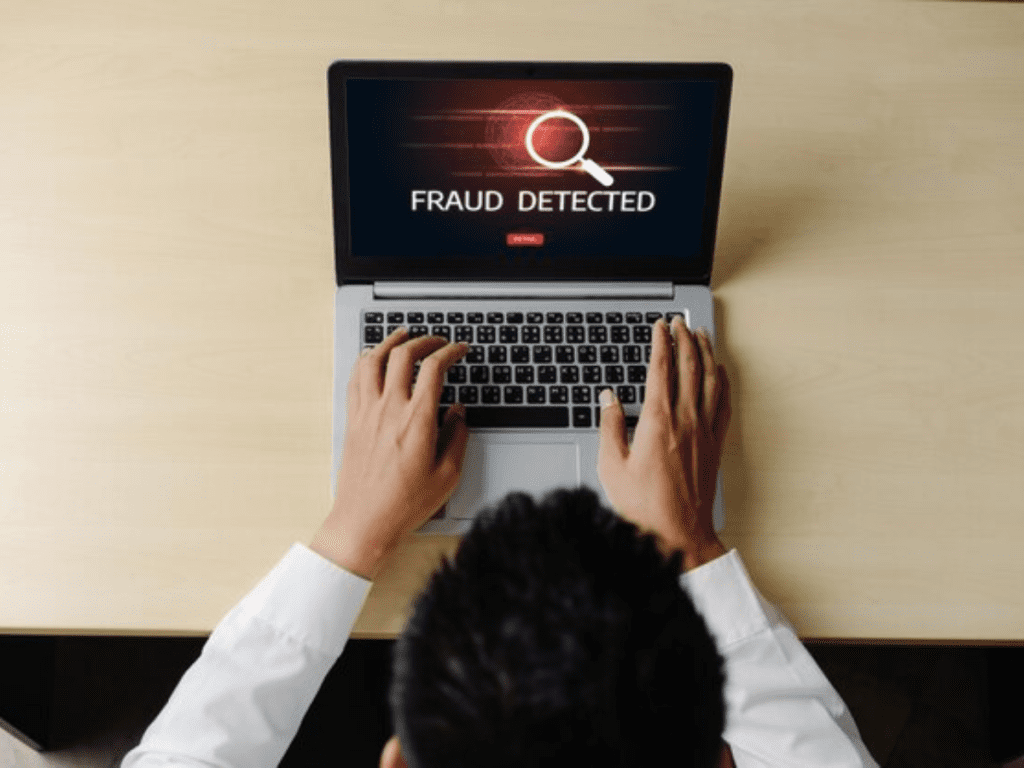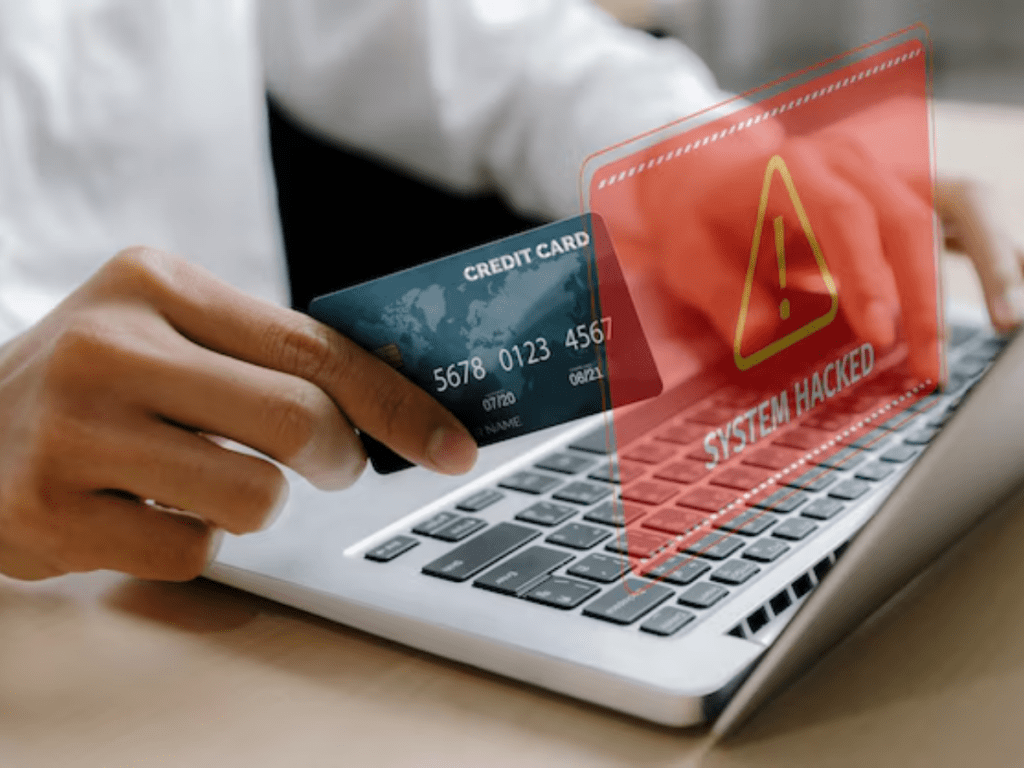Introduction
In the world of today, money crises can occur at any time. Sudden medical expenses, emergency car repairs, or sudden loss of a job can put people in a cash crunch. For those with a bad credit record or no credit record at all, obtaining a bank loan is difficult. This is where no-credit-check loans save the day.
These loans are quick sources of cash that do not involve a credit check and are thus appealing to most borrowers. While they appear to be a relief, they also come with a lot of risks. This article details the features of no-credit-check loans, their advantage and disadvantages, alternative options, and what to consider before borrowing.
What Are No-Credit-Check Loans?
No-credit-check loans are financial instruments issued by lenders that do not examine an applicant’s credit score before issuing the loan. In contrast to traditional banks, which scrutinize a borrower’s credit standing based on credit history, such lenders concentrate on income, employment status, and other monetary factors.
These loans are usually linked with high interest rates, short terms, and extra charges, which make them an expensive choice for borrowers. They are usually offered by online lenders, payday lenders, and alternative financial institutions.
Types of No-Credit-Check Loans
There are a number of types of no-credit-check loans, each with its own conditions and terms:
1. Payday Loans
Payday loans are short-term loans due back to the borrower’s next payday. These loans have high interest rates, usually over 300-400% APR, and are very costly. Missed payments can lead to more fees and debt buildup.
2. Title Loans
Title loans demand the use of the borrower’s car title as collateral. In case of failure to repay the loan, the lender is entitled to seize and sell the vehicle. Title loans also have steep interest rates and can expose the borrowers to losing their means of transport.
3. Installment Loans
In contrast to payday loans, installment loans enable the borrower to pay the amount in monthly installments. Though this sounds better, installment loans charge high rates of interest and fees that are not revealed and which render the loan costly in the long term.
4. Pawnshop Loans
Pawnshop loans are loans taken against valuable items like jewelry, electronics, or antiques. If the borrower is unable to repay the loan, the pawnshop retains and sells the item. The loans usually provide lower loan amounts than other no-credit-check loans.
5. Cash Advances
A number of lenders also provide cash advances on the anticipated income or projected earnings of a borrower. As quick as money can be, they are steeply priced with high interest charges.
Benefits of No-Credit-Check Loans
For borrowers who cannot be approved for the conventional loan, no-credit-check loans become a short-term financial rescue. Some of the benefits are the following:
1. Fast Approval & Immediate Cash
Most no-credit-check loans provide immediate approval, and the money is usually transferred into the borrower’s account within a few hours or on the next business day. This option is appealing due to its convenience for immediate financial needs.
2. No Credit Score Required
Because these loans do not involve a check on the credit score, they are available for those with bad or no credit history. This benefits those who have already been denied by conventional lenders.
3. Minimal Documentation
As opposed to conventional bank loans that involve a large amount of paperwork, no-credit-check loans involve minimal documentation in the form of proof of income, valid ID, and a bank account.
4. Flexible Qualification Standards
Most lenders qualify applications based on income, not credit history. This includes that self-employed workers, freelancers, or part-time employees can still be approved.
Risks and Disadvantages of No-Credit-Check Loans
Though no-credit-check loans provide instant cash, they are also fraught with serious risks. Borrowers need to know the hidden expenses and possible financial risks before deciding.
1. Extremely High Interest Rates
One of the greatest issues with these loans is their ridiculously high interest rates. Certain payday loans, for instance, have APR rates of over 400%, which can render repayment nearly impossible.
2. Short Repayment Terms
Most no-credit-check loans must be repaid in two to four weeks, which may be hard for struggling borrowers. The short period can cause overdue payments, late charges, and mounting debt.
3. Debt Cycle Trap
Borrowers who are unable to repay the loan in time tend to borrow new loans in order to settle the previous ones, so they get into a cycle of persistent borrowing and rising debt. Such a trap can prove costly for one’s finances.
4. Risk of Losing Collateral
For collateralized loans (e.g., title or pawnshop loans), borrowers stand to lose valuable property if they default on the loan.
5. Hidden Fees and Charges
Most lenders charge hidden fees that add substantially to the cost of borrowing. It is important to carefully read the loan contract to prevent surprise charges.
When Do You Need a No-Credit-Check Loan?
Although these loans should be avoided if at all possible, there are circumstances under which they might be unavoidable, including:
- Medical Emergencies – When urgent treatment is needed and no other means of finance is available.
- Emergency Car Repairs – If a car is necessary for employment and must be repaired urgently.
- Temporary Cash Flow Needs – In case short-term financing is necessary to meet immediate expenses.
Nevertheless, even during emergencies, consumers should assess their repayment capacity carefully prior to securing a no-credit-check loan.
Safer Alternatives to No-Credit-Check Loans
If you must borrow, look at these better alternatives:
1. Credit Union Loans
Most credit unions have small-dollar loans with reduced interest for their members, and they are a much safer alternative.
2. Bank Personal Loans
Even with bad credit, personal loans at banks have more favorable terms of repayment compared to payday or title loans.
3. Borrowing from Friends or Family
A temporary loan from a close friend or relative could be interest-free and free from high charges.
4. Employer Salary Advances
Other employers provide salary advances to employees experiencing financial hardship.
5. Negotiating with Creditors
If bills are a struggle, negotiating a payment schedule or extension with creditors might prevent borrowing at all.
No-Credit-Check Loans: A Clever Solution or a Potentially Hazardous Snare?
Critical financial situations may arise at any moment and catch people off guard in urgent need of money. Although standard loans involve a detailed credit check, no-credit-check loans provide a solution for individuals who have a poor or non-existent credit history. The loans guarantee instant money without the inconvenience of a credit check, but they pose serious threats to finances.
In this comprehensive guide, we will delve into the way these loans operate, the advantages and disadvantages, alternatives, and key tips on responsible borrowing. At the end of it, you’ll know for sure whether no-credit-check loans are a wise financial choice or a reckless debt snare.
How No-Credit-Check Loans Work
Unlike bank loans that look at your credit score to gauge your eligibility, no-credit-check loans are more concerned with income, employment, and collateral. Since lenders take on more risk by not considering a borrower’s creditworthiness, they make up for it by imposing higher interest rates and fees.
These loans are generally short-term, and the amount borrowed may be $100 to several thousand dollars, depending on the type of lender and loan. The repayment term varies but is normally a few weeks to a few months.
How No-Credit-Check Loans Work
- Application – Borrowers complete an online or in-person application with minimal personal and financial information.
- Approval Decision – Lenders check income and other qualifying factors rather than credit history.
- Loan Offer – In case of approval, the lender offers the terms of the loan, such as interest rate, repayment period, and charges.
- Funds Disbursement – After the borrower agrees to the terms, the funds are directly credited to the bank account.
- Repayment – The loan needs to be paid back on the specified due date in either a single sum or installment payments.
Even though this process is quick and hassle-free, it has financial implications that borrowers need to weigh seriously.
The Hidden Dangers of No-Credit-Check Loans
Even though these loans are available with immediate cash, they tend to cause serious financial hardship because of their excessive costs and risky conditions.
1. Extremely High Interest Rates
No-credit-check loans usually have astronomical interest rates, which sometimes go up to 400% APR. This is much higher than credit card interest rates, which usually range between 15% to 30% APR.
For instance:
- A $500 payday loan with a 400% APR could cost $625 in only two weeks to repay.
- If the borrower is unable to repay, they can roll over the loan, resulting in more fees and increasing debt.
2. Short and Unmanageable Repayment Terms
Unlike conventional loans for repayment over months or years, no-credit-check loans tend to insist on repayment between 14 and 30 days. Because the repayment timeframe is so brief, it proves challenging for customers to repay the loan without returning to borrow yet again.
3. Possibility of Losing Personal Properties
Some no-credit-check loans, such as title loans and pawnshop loans, demand collateral. In case of failure to repay, the borrowers stand to lose:
- Their car (title loans)
- Their gotten valuables (pawnshop loans)
To lose significant assets is to get into a domino effect, losing grip on their ability to maintain fiscal stability.
4. Debt Trap Cycle
Many debtors will fail to pay the original loan, so they get a loan to repay the first. This has an insidious trap of creating debt, such that:
- The borrower borrows a payday loan of $500.
- They do not pay within two weeks, and as a result an extra $125 is added in fees.
- They borrow again to pay the increasing debt.
- The debt continues to grow, making it close to impossible for them to pay.
This cycle continues for months or even years, entrapping borrowers in debt.
5. Lender Deception and Abusive Practices
Most no-credit-check lenders prey on vulnerable borrowers with bait-and-switch techniques, such as:
- Concealed charges within the loan document.
- Deceptive terms of repayment, which make the loan appear to be easier to repay than it is.
- Abusive collection practices, including threats and harassment.
Consumers need to read the terms carefully and beware of abusive lenders that take advantage of desperate circumstances.
Who Should Not Get No-Credit-Check Loans?
These loans might seem like a perfect solution for someone with poor credit, but they’re usually not the best way out. The following categories of people should look for something else:
- Individuals already in debt – More borrowing can create more problems.
- Low-income earners – Most of their paycheck can be eaten up by high-interest loans, leaving little for them to live on.
- Those who must finance over time – High-interest loans aren’t a solution for financing costly items such as education or maintenance of the house.
- Anyone able to access options elsewhere – Taking a loan from credit unions, relatives, or banks typically costs less and is safer.”.

